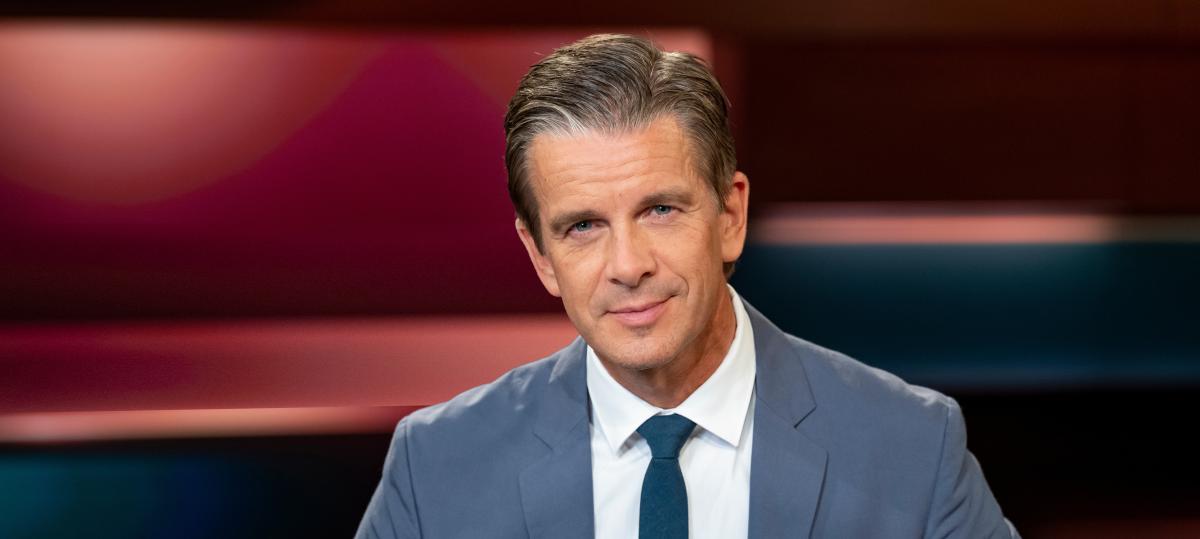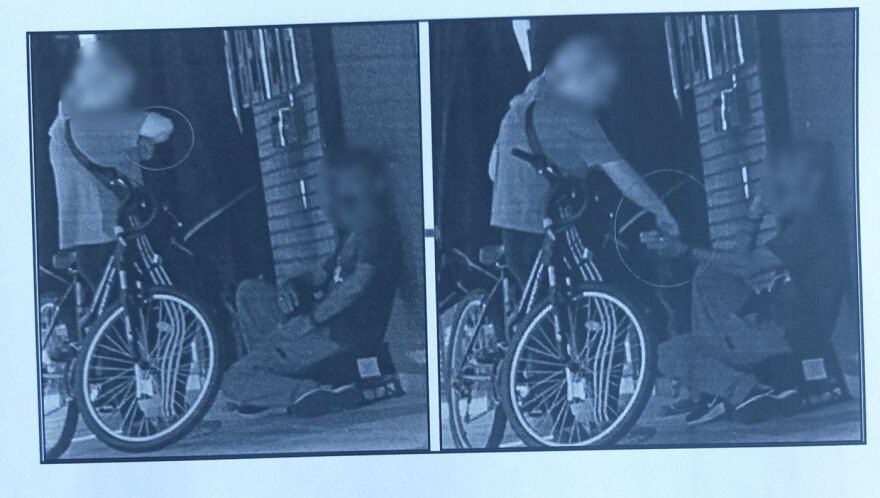The European Union is a lead to achieve its climate goal for 2030.

| The EU is aiming to reduce net greenhouse emissions by 54% by 2030, compared to 1990 levels, which is almost close to the goal of reducing by 55%, according to the EC in an analysis of existing EU policies and members. |
The analysis indicates that governments have made more efforts to shorten their emissions in the last two years. This happened against the backdrop of reproaches from some countries that demanded Brussels to reduce their green goals.
March was the warmest in the history of Europe
Europe is the fastest warming continent in the world, with flood destroying, large-scale forest fires related to climate change that dramatically affects all European nations.
At the same time, industries are struggling to cope with high energy prices after Russia drastically reduced gas supplies in 2002 and the US is expected to impose duties. These factors have forced a number of European governments to call on Brussels to reduce their green policy goals and thus support business.
The EU Climate Commissioner, Hoickstra, said the EU will invest more in clean technology to ensure that industries can develop successfully with Europe’s green transition.
« The emissions have been reduced by 37% since 1990, while the economy has grown by nearly 70%, proving that climate goals and growth are going hand in hand. Now we have to upgrade this moment, » Hokstra said.
| By 2023, the EU had reduced its emissions to 37% of the 1990 levels, recent data show. The EC has announced serious progress in the energy sector, where the RES sector covered 24% of EU energy consumption in 2023. |
Agriculture and transport are among the sectors behind, the EC says.
Last year, farmers organized protests for months by criticizing the Union’s green policies. Agriculture has largely avoided EU climatic measures, and Brussels weakened some climate rules for farmers in response to protests.
Carnivores and driving are more contributing to harmful gases
The environmental effect of the use of the land, which includes agriculture and afforestation, was also struck by record -free fires. Fires reduce the capabilities of the Earth to store carbon.
The EU’s « storage store » reduce the natural capacity of the Earth to store carbon in natural ecosystems such as pastures and forests. The situation is not expected to be improved by 2030, the committee said.










